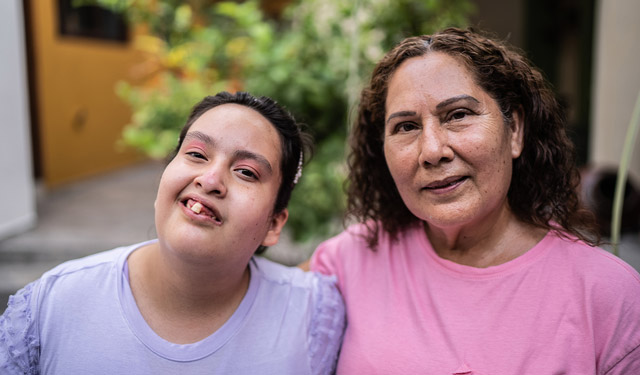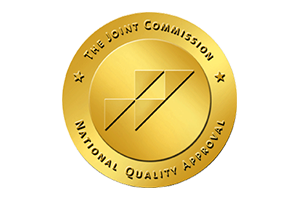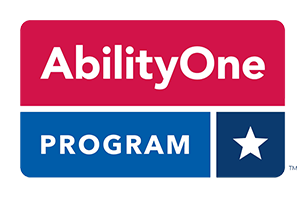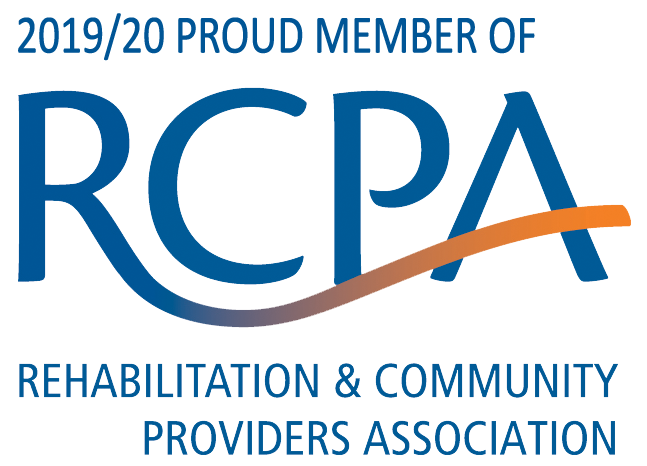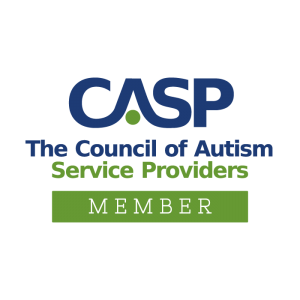The Neurodivergent Student’s Transition from School to Work
Did you know that the prevalence of Autism Spectrum Disorder (ASD) has been rapidly increasing in the U.S.? Since 2000, we’ve seen a 231% increase in autism and today, 1 in 45 children is born with autism.
Kids, of course, grow up to become adults. Today about 3.5 million adults in the U.S. live with autism. And given the increasing prevalence noted above, demographers predict the number could balloon to 20 million by 2030.
The journey from adolescence to adulthood is hard on everyone. But for kids on the autism spectrum, it’s especially tough—because many of the services and supports on which they rely disappear when they turn 21.
The result of this scenario, commonly known by families of children with autism as “aging out” is typically uncertainty, bewilderment, and stress. Parents and caregivers who have guided these children through the educational system suddenly find themselves without a bridge to independence and self-sufficiency. Too often those parents find that the possibility of employment for their child was never addressed.
As thought leaders in the practice of autism and employment, we at Chimes know that autism isn’t a barrier to work – but we also recognize that without a strong national focus on the intersection between special education and post-secondary school employment, this period can make a family feel like they are “falling off a cliff.”
We recommend parents or caregivers understand their rights under the Individuals with Disabilities Act, and advocate they begin transition planning through their school’s IEP (Individualized Education Plan) process when their child is 14.
Specifics vary from state to state, but during that transition planning, parents might learn about vocational rehabilitation services, community college options, and other job readiness programs as a bridge to full employment.
Chimes provides a variety of employment services to students with ASD who are transitioning from high school to work. Individuals can either enter our prevocational program, or — if their job readiness skills are more developed — enter supported or competitive employment directly.
At Chimes Delaware alone, we have worked with more than 30 businesses to place hundreds of people with autism in jobs. Some have been working more than a decade, some work in Fortune 500 companies — and all have the dignity and personal satisfaction that comes with a job well done, compensation earned, and the promise of a brighter future.
Of course, none of Chimes’ work to provide high-quality employment opportunities for young people with intellectual disabilities would be possible without supporters like you. Thank you for ensuring Chimes can not only be there for families affected by ASD but also help provide a reliable workforce for employers in our region!
